10 Things That Prove Pope Francis Never Cared About Money
There’s no shortage of wealth and tradition at the Vatican. But from the start, Pope Francis never seemed all that interested in the material trappings of power. He wasn’t there to play the part of a monarch. What defined his time in office was the quiet decision, again and again, to reject grandeur in favor of something much harder: simplicity. His modesty was deeply intentional, a constant return to the Jesuit vows of poverty and service he took as a young man in Argentina.
He Refused a Papal Salary
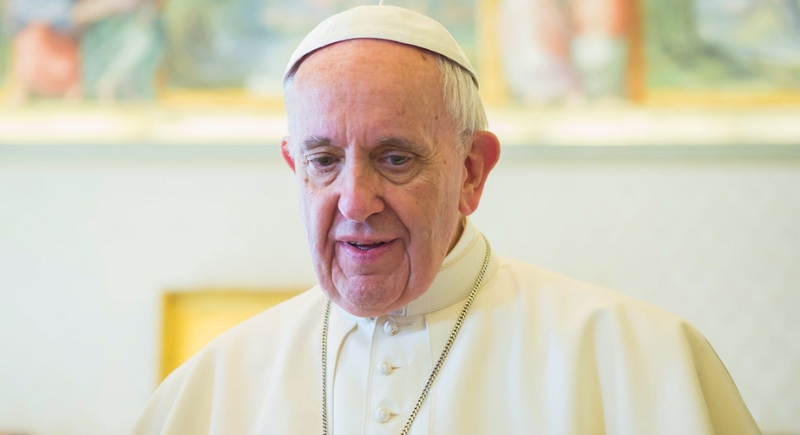
Credit: flickr
From the very beginning of his papacy, Pope Francis turned down the typical $32,000 monthly salary. It wasn’t performative. He’d already spent years in Argentina declining compensation, preferring to live like the people he served. Any money he could have taken either went to charity—or wasn’t taken at all.
A Net Worth That Isn’t His
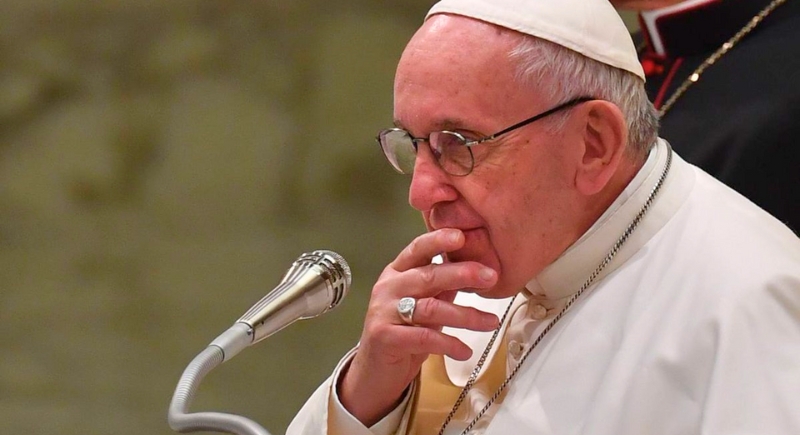
Credit: X
While some reports estimate his net worth between $16 million and $100, that figure reflects the institutional trappings of the papacy, not personal wealth. Pope Francis didn’t own the apartment he lived in, the car he rode in, or even the ceremonial ring on his hand. It was all functional—none of it indulgent.
A Fiat and a Hyundai for a Popemobile
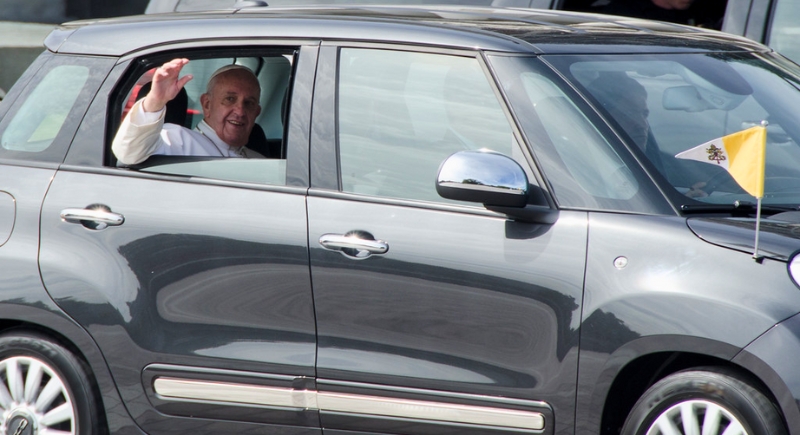
Credit: flickr
Most people in his position would opt for something armored and luxurious. Francis went with a Hyundai, sometimes a Fiat. Small, unassuming, and entirely off-brand for how the world usually sees power. It was never about image—it was about staying connected to the people.
He Wore Iron and Silver, Not Gold
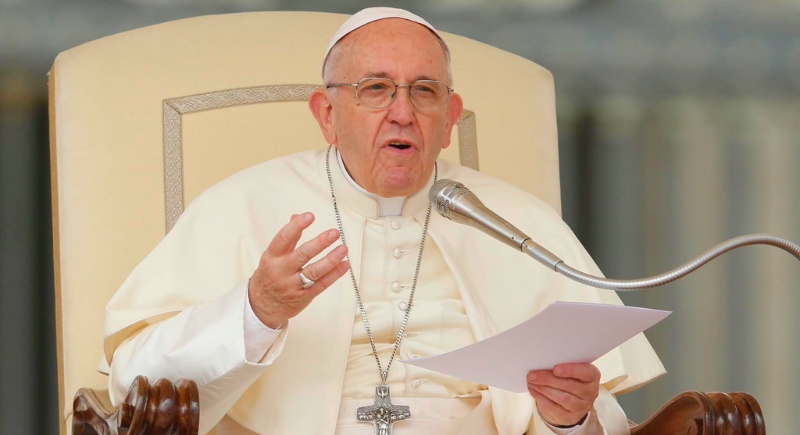
Credit: Facebook
His predecessors favored gold rings and elaborate vestments. Francis chose a silver ring and an iron crucifix. There was no subtlety here—just a deliberate choice to reject the symbols of excess that too often creep into religious institutions.
Bananas and Boiled Fish over Banquets
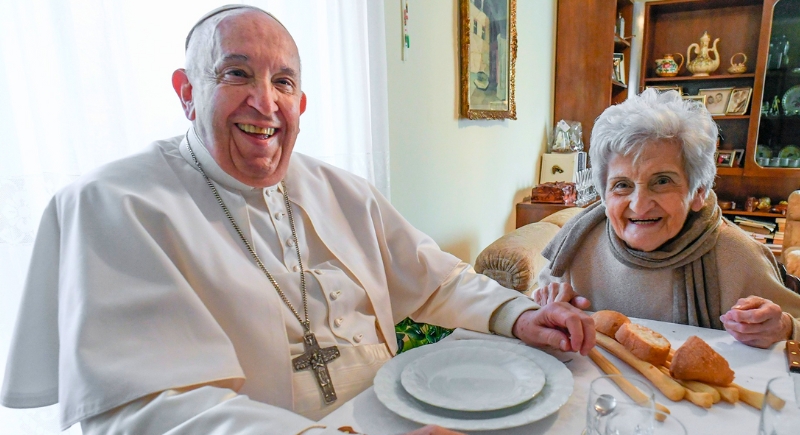
Credit: Facebook
When he visited New York, Francis didn’t ask for banquets or high-end dining. His request? Still water, bananas, fish, and rice. Guest chefs cooked it, but the food was plain. He wanted no fanfare—just something simple to eat in private.
Black Shoes Instead of Red Ones
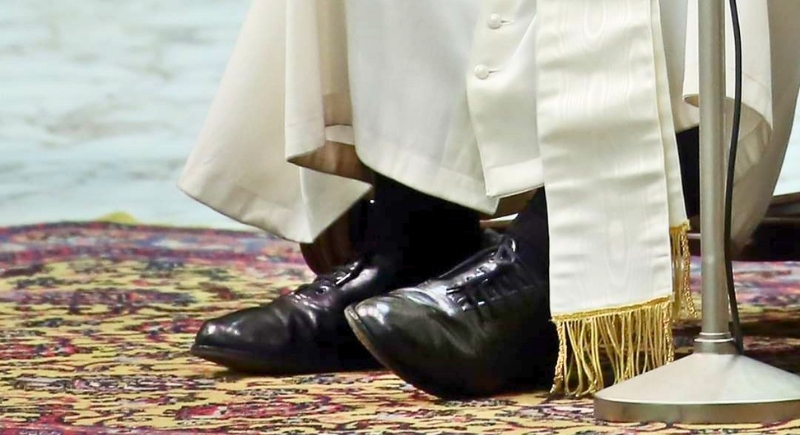
Credit: X
The papal red shoes are a centuries-old tradition. Francis walked right past them and put on his old black leather ones. Worn-in and understated, just like the man wearing them. He wasn’t trying to update tradition—he just didn’t need the flash.
A Twitter Account Instead of a Stage
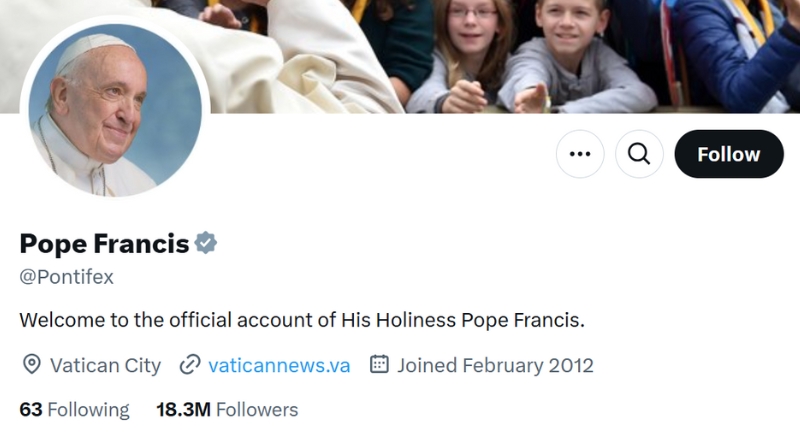
Credit: X
He didn’t chase the spotlight. His presence on Twitter was more pastoral than performative. The messages were short, often prayerful, and never self-congratulatory. In an era of influencers, Francis kept his digital footprint quiet and consistent.
Pizza from a Stranger’s Hands
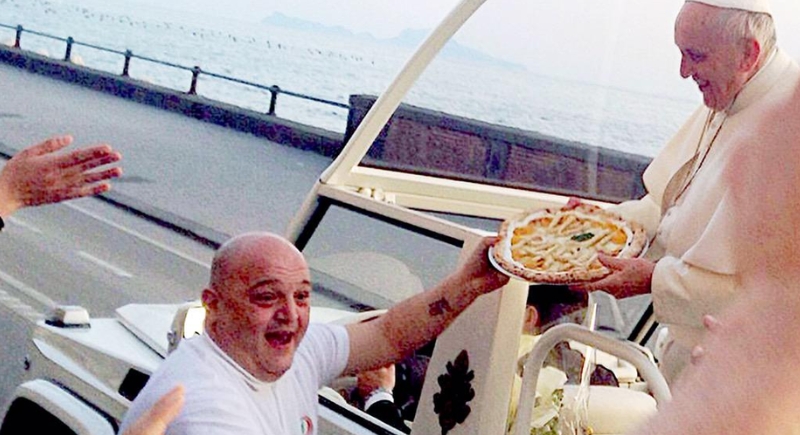
Credit: X
One of his happiest moments as pope? A random man handed him a pizza while he was riding through town. Francis accepted it right there in the Popemobile. No protocol, no palace-approved meal. Just joy, and maybe a bit of mozzarella.
Jesuit Vows That Actually Stuck
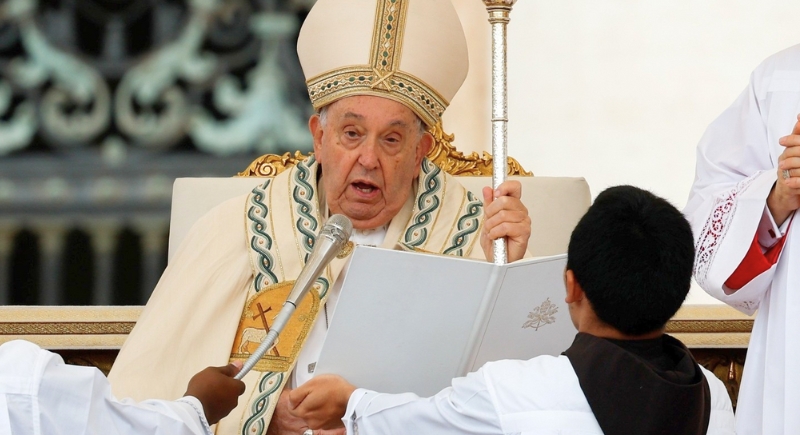
Credit: Instagram
The vows of poverty, chastity, and obedience aren’t just symbolic. For Francis, they defined his identity. Even as a cardinal in Buenos Aires, he refused opulent housing or privileges. Becoming pope didn’t change that. He kept the same priorities—only now on a world stage.
He Measured Wealth by Impact, Not Assets
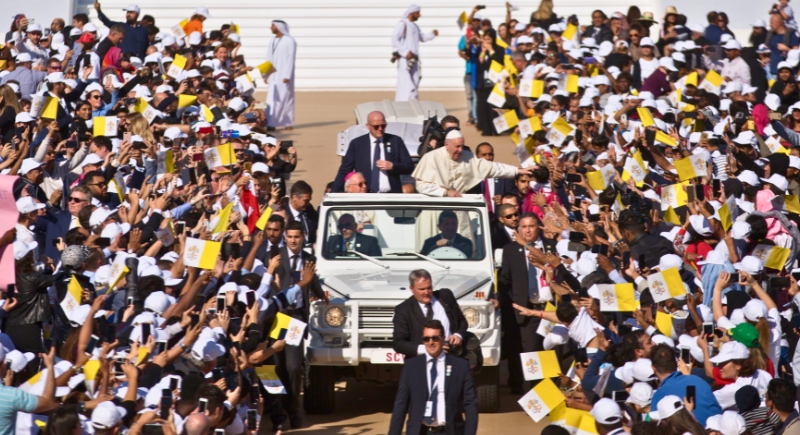
Credit: Wikimedia Commons
Francis didn’t build his legacy through money or power. His real wealth showed up in the causes he championed: climate justice, refugee protection, interfaith unity. He spoke softly but moved global conversations in a way no price tag could measure.